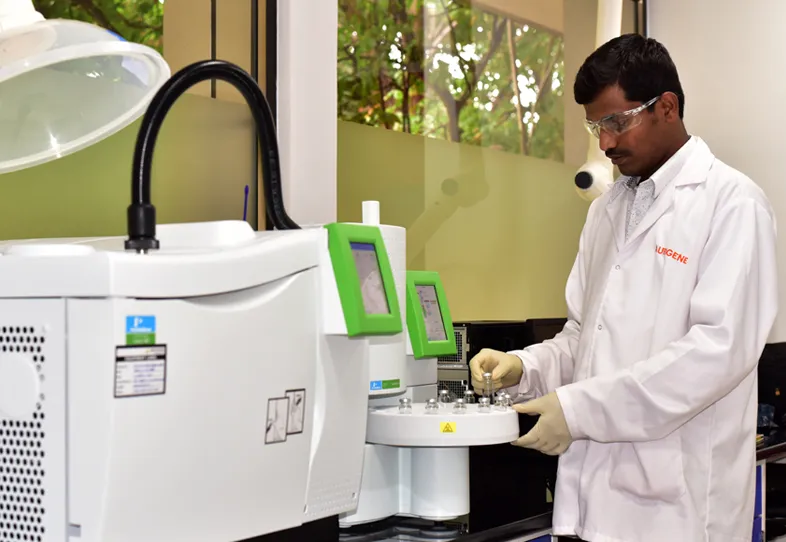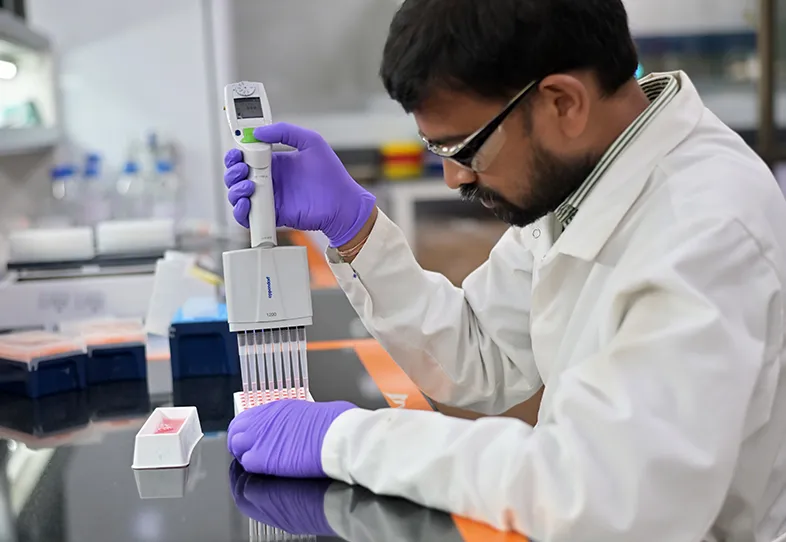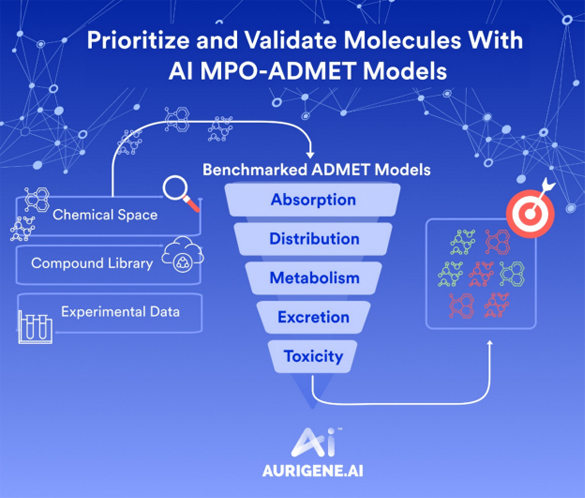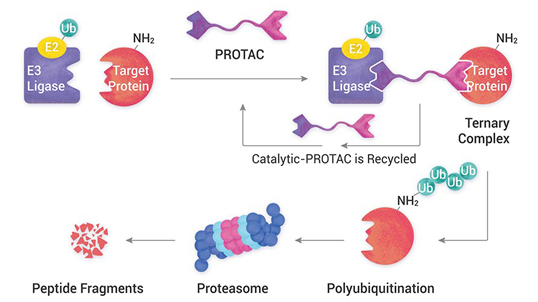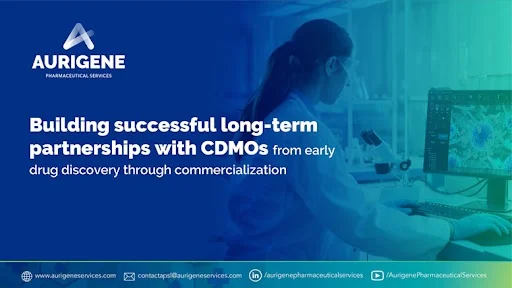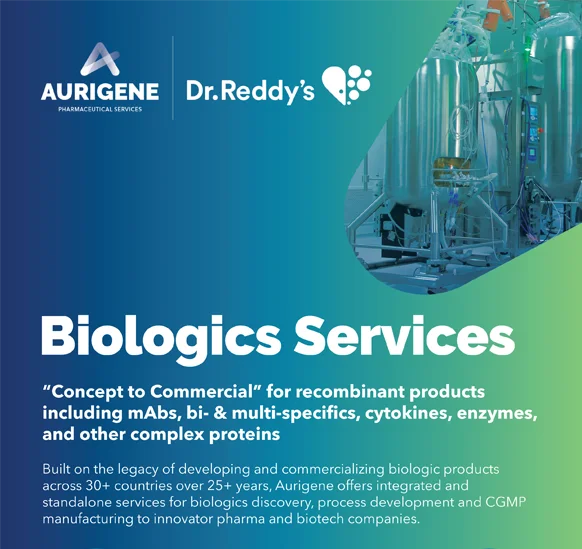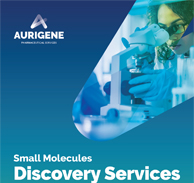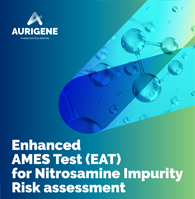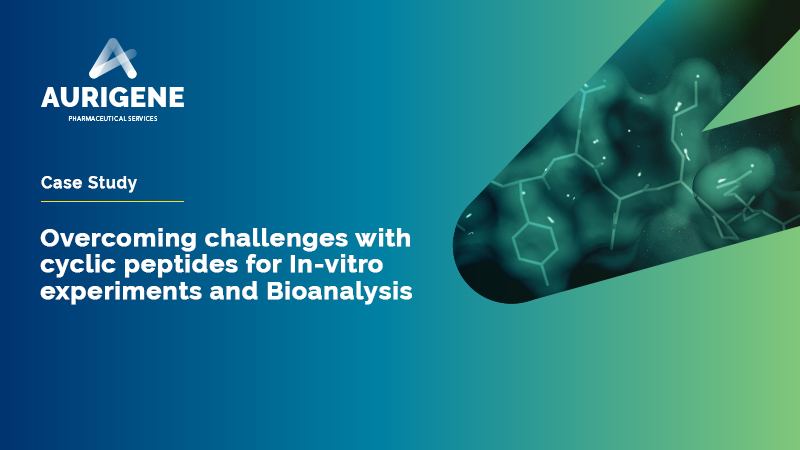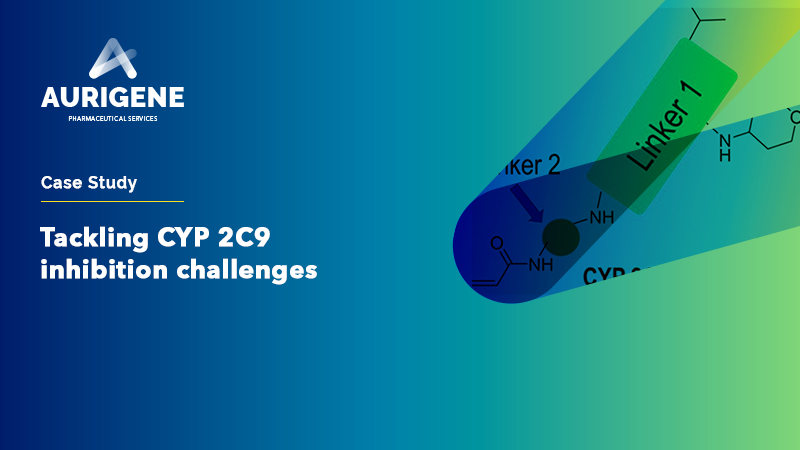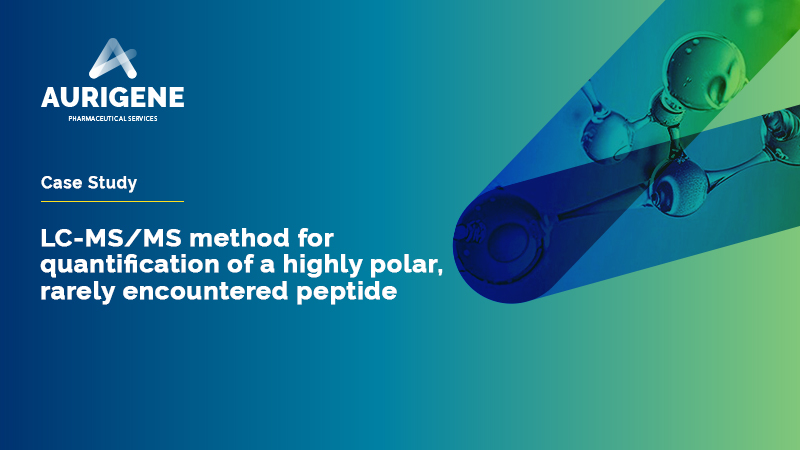
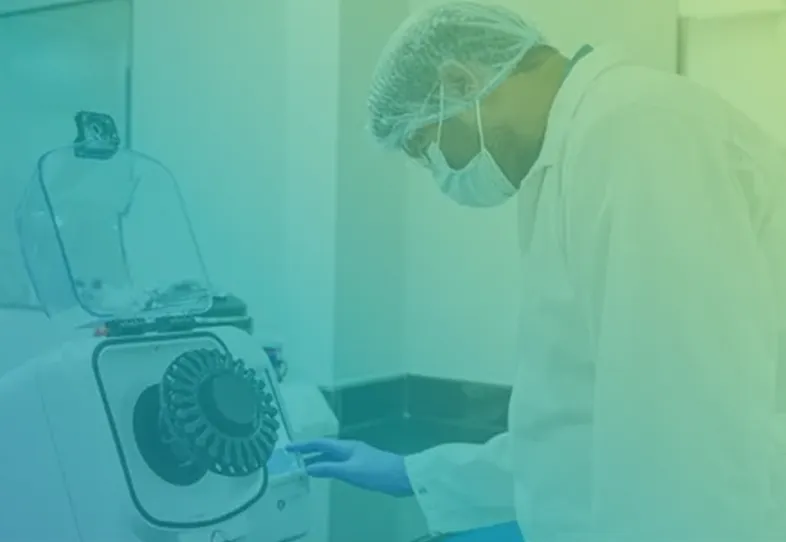
Our pharmacokinetic (PK) studies in rats, mice and dogs help in understanding the characteristics of New Chemical entities (NCEs). Our PK studies are highly efficient in predicting the exposure while determining the dosage levels and frequencies for testing in preclinical in vivo animal disease efficacy models. We conduct pharmacokinetic (PK) studies for small and large molecules at our state-of-the-art laboratories and vivarium. Our DMPK scientists help understand the drug's AUC, clearance, half-life, the volume of distribution, Cmax, and Cmin in the body over time.
Industry’s leading CRO for Pharmacokinetic Studies A variety of surgical animal PK models Track record of delivering 200+ GLP studies GLP accredited bioanalysis labs for PK studiesNon-GLP bioanalysis facilities for PK studiesA wide range of administration routes
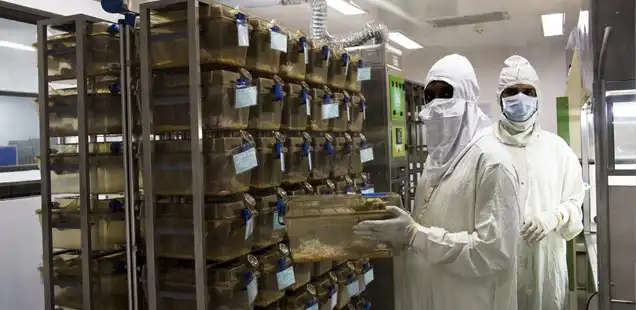
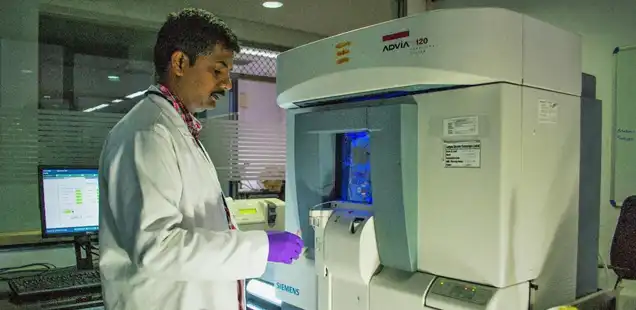


Why Aurigene In vivo Pharmacokinetics (PK) Studies and Services?
Variety of surgical animal PK models
Track record of delivering 200+ GLP studies
GLP accredited bioanalysis labs for PK studies
Non-GLP bioanalysis facilities for PK studies
A wide range of administration routes
Other Services
Connect with our scientific experts for your drug discovery, development, and manufacturing needs
We understand that clear communication is essential to successful collaborations, and that's why we have a dedicated team that is always ready to help you. Whether you have questions about our services, want to discuss a potential partnership, or simply want to learn more about our company, we're here to help.
Our team of experts is dedicated to providing personalised solutions tailored to your unique needs. So, please don't hesitate to reach out to us. We look forward to hearing from you and helping you achieve your business goals.
Learning Resources
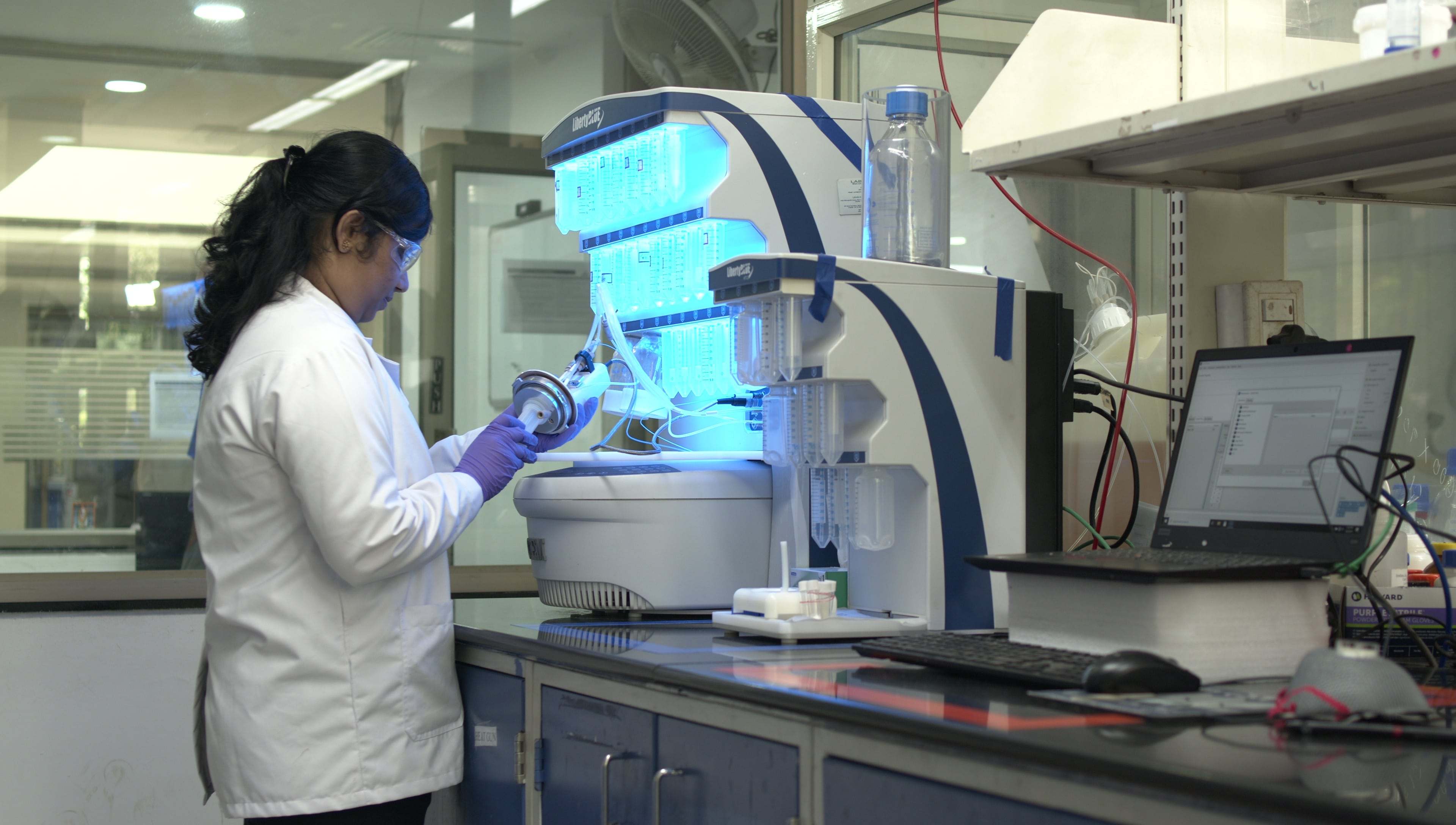
FEBRUARY 23, 2021
Emerging Trends in Solid State Phase Peptide Synthesis
Peptides are short chains of amino acids that are linked by peptide bonds. Peptides are highly specific and offer improved toxicological profiles. Peptides are produced using one of three synthesis methods: Solid phase peptide synthesis, liquid phase pepide synthesis or a hybrid approach.Solid-phase peptide synthesis(SPPS) is one of the most commonly used techniq...
Read More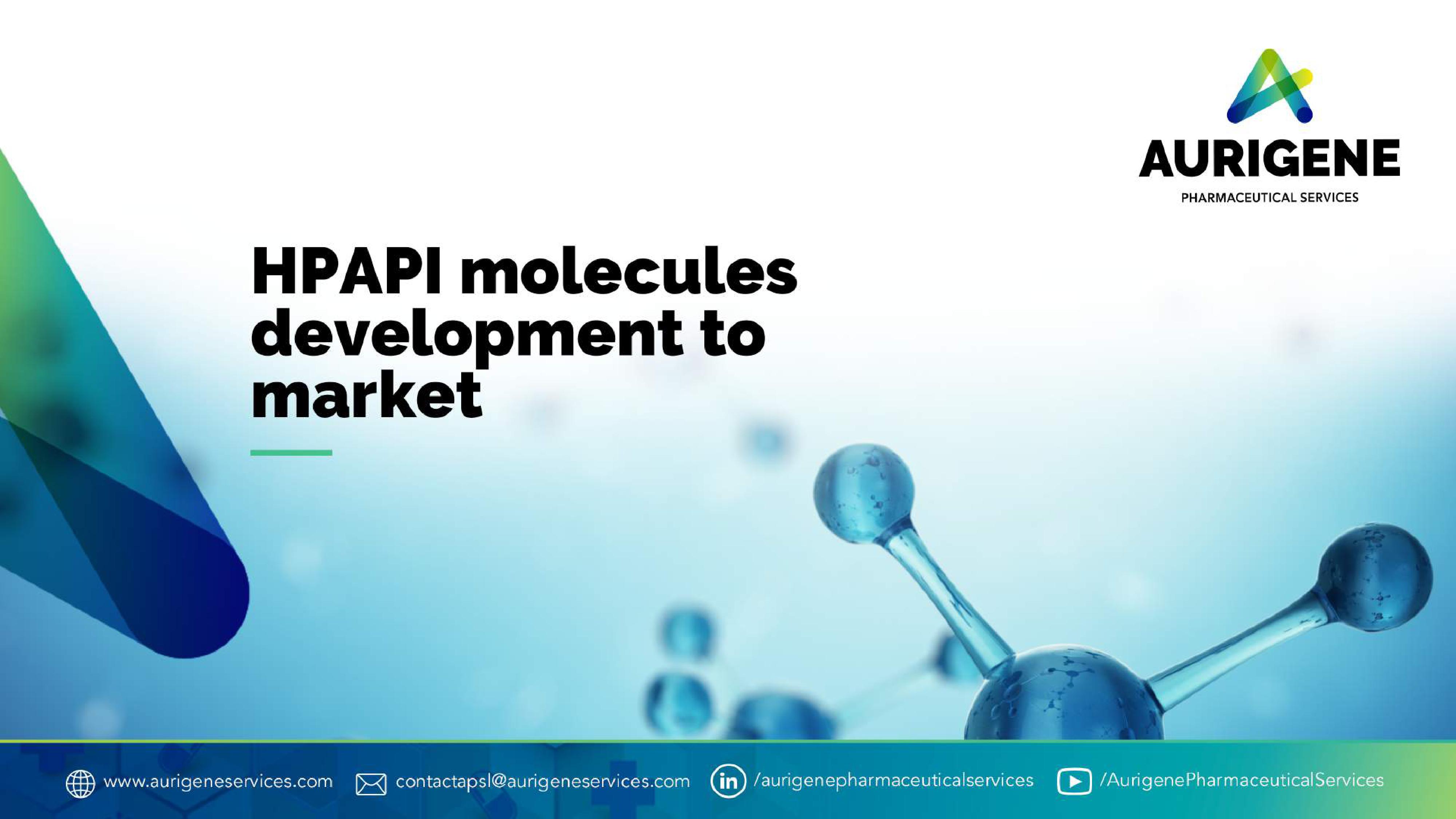
HPAPI Molecule from Development to Market
The global Highly Potent Active Pharmaceutical Ingredients (HPAPI) market is expected to reach USD 26.84 Billion by 2023 from USD 17.72 Billion in 2018, at a CAGR 8.7%....
Read More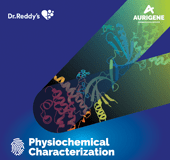
Physiochemical Characterization Services
Backed by our strong chemistry, we enable “Finger-print” protein structure and functional characterization for proteins from naked proteins to hyperglycosylated or derivatized proteins. ...
Read More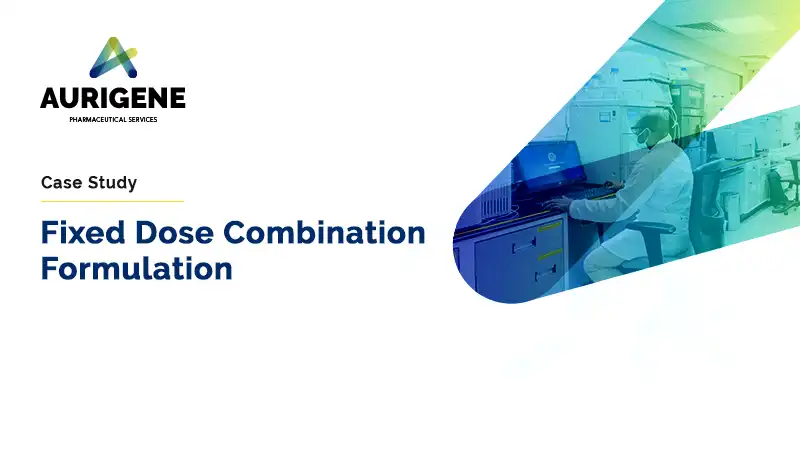
Fixed Dose Combination Formulation
Introduction: A fixed dose combination (FDC) includes two or more active pharmaceutical ingredients (APIs) combined in a single dosage form. Fixed dose combination (FDC) product is expected to provide below advantages: Improved medication compliance by reducing the pill burden of patients. To achieve synergistic activity If combinations include doses of each drug...
Read MoreSeptember 22, 2022
Urea as an Ammonia Surrogate in the Hantzsch’s Synthesis of Polyhydroquinolines / 1,4-dihydropyridines under Green Reaction Conditions
Synthesis of polyhydroquinolines via Hantzsch’s multicomponent reaction (MCR) involves the use of a hygroscopic and moderately toxic ammonium salt as one of the key reactants. In our effort,...
Read More-
January 31, 2025
Development and assessment of a Bcs class II - SGLT2 (Sodium Glucose Cotransporter 2) inhibitor drug in the form of solid lipid Nanoparticles by selecting different lipids, co-surfactants, and manufacturing techniques
Drug Delivery System (DDS) has been used successfully in the past few decades to cure illnesses and enhance health because of its improved systemic circulation and ability to regulate the drug's pharmacological action. As pharmacology and pharmacokinetics advanced, the idea of controlled release emerged, demonstrating the significance of drug release in assessing...
Read More -
January 31, 2025
Development of novel paullone-based PROTACs as anticancer agents
Proteolysis-targeting chimera (PROTACs) represents a promising modality that has gained significant attention for cancer treatment. Using PROTAC technology, we synthesized novel structurally modified paullone-based PROTACs using Cereblon (CRBN) and Von Hippel–Lindau (VHL) E3 ligands....
Read More -
March 13, 2025
Development and verification of RP-HPLC method for the quantitative determination of Decitabine in tablet dosage formulation
Decitabine is an anti-cancer chemotherapy drug. This article describes method development and method verification of Assay of Decitabine in tablet formulation. A new, precise, rapid, accurate RP-HPLC method has been developed for the estimation of Decitabine in pharmaceutical tablets dosage form. After optimization the good chromatographic separation was achieved...
Read More
Frequently asked questions
What are some common challenges faced during in vivo pharmacokinetics (PK) studies?
Some major challenges during in vivo pharmacokinetic (PK) studies are optimization of new drug entities for their appropriate ADME studies and improper in vitro analysis giving inaccurate results. In addition, inaccuracies in tissue biopsy analysis can pose challenges, which can lead to erroneous data on tissue drug distribution during PK studies. The other critical challenges include the safety and efficacy of the drug that can affect patient response as well as physiological and pathological processes, influencing the PK studies.
How are in vivo pharmacokinetics studies conducted in Aurigene Pharmaceutical Services?
At Aurigene, we efficiently perform the PK studies corresponding to preclinical in vivo testing using animal modalities. With the state-of-the-art infrastructure and GLP- accredited bioanalysis laboratories, PK studies of the potential drug are conducted through characterization procedures and ADME parameters. The exposure, dosage levels, and preclinical testing are conducted via blood and urine samples depending upon the single or repeated dose. A wide range of administration routes are studied to optimize the drug dosage and drug delivery. The various other pharmacokinetic services include half-life determination, volume of distribution analysis, and drug clearance assessment.
How are dog PK studies conducted in Aurigene Pharmaceutical Services?
At Aurigene, in vivo PK studies are conducted on rats, mice, and beagle dogs. These studies provide a deeper understanding of the pharmacological profile and action of potential new chemical entities or candidate drugs. The PK studies involve the validation and assessment in terms of exposure limits, dosage level, frequency, bioavailability and multidose safety studies in beagle dogs for the preclinical testing. Our in vivo PK studies in dogs are highly efficient in predicting the exposure while determining the dosage levels and frequencies for preclinical testing.
How are pharmacokinetic parameters calculated in dog PK studies in Aurigene Pharmaceutical Services?
Pharmacokinetic studies in animals involve the assessment and validation of the critical parameters on ADME studies. It substantiates the collective data regarding the clearance studies, half-life, bio availability, volume of distribution, and protein drug interactions. The in vivo PK studies in dogs, rats, and mice provide valuable insights into the characteristic nature of new chemical entities (NCEs). At Aurigene, PK studies conducted are highly efficient in determining exposure and dosage levels and frequencies in preclinical testing for in vivo animal disease efficacy models.
Does APSL perform analytical method development in order to ensure that the analytical method is “stability-indicating”?
Stability indicating nature of analytical method will be demonstrated during analytical method development of drug substance related substances and assay method. To demonstrate the stability indicating nature of analytical method, degradation samples shall be generated by stressing the test sample with acid, base, water hydrolysis, oxidative, thermal and photostability study . The degraded sample shall be analyzed and demonstrated the separation of degradation impurities from known impurities and analyte peak. Photostability study shall be carried out as per ICH QIB.
What are the different types of in vivo pharmacokinetics studies conducted in Aurigene Pharmaceutical Services?
PK studies determine the exposure and dosage levels and frequencies for testing in preclinical in vivo animal disease efficacy models. At Aurigene, PK services are offered using advanced technological expertise. We conduct PK studies for small and large molecules in the laboratories and vivarium. We measure pharmacokinetic parameters such as area under the curve (AUC), drug clearance, half-life, volume of distribution, maximum concentration (Cmax), and minimum concentration (Cmin) in the body over time.
Further, at Aurigene, pharmacokinetic studies are conducted in rodents or mice using single or multiple doses. Micro-sampling, dose escalation studies, tissue distribution, brain penetration, pharmacokinetic studies in the spinal cord and CSF, and excretion studies are also performed.
You are about to leave Aurigene Pharmaceutical Services and affiliates website. Aurigene Pharmaceutical Services assumes no responsibility for the information presented on the external website or any further links from such sites. These links are presented to you only as a convenience, and the inclusion of any link does not imply endorsement by Aurigene Pharmaceutical Services.
If you wish to continue to this external website, click Proceed.


Leaving already?
Don't forget to join us at
CPHI Worldwide 2023.
October 24th-26th, 2023 | Barcelona, Spain
Get ready to accelerate your drug’s journey to the market

